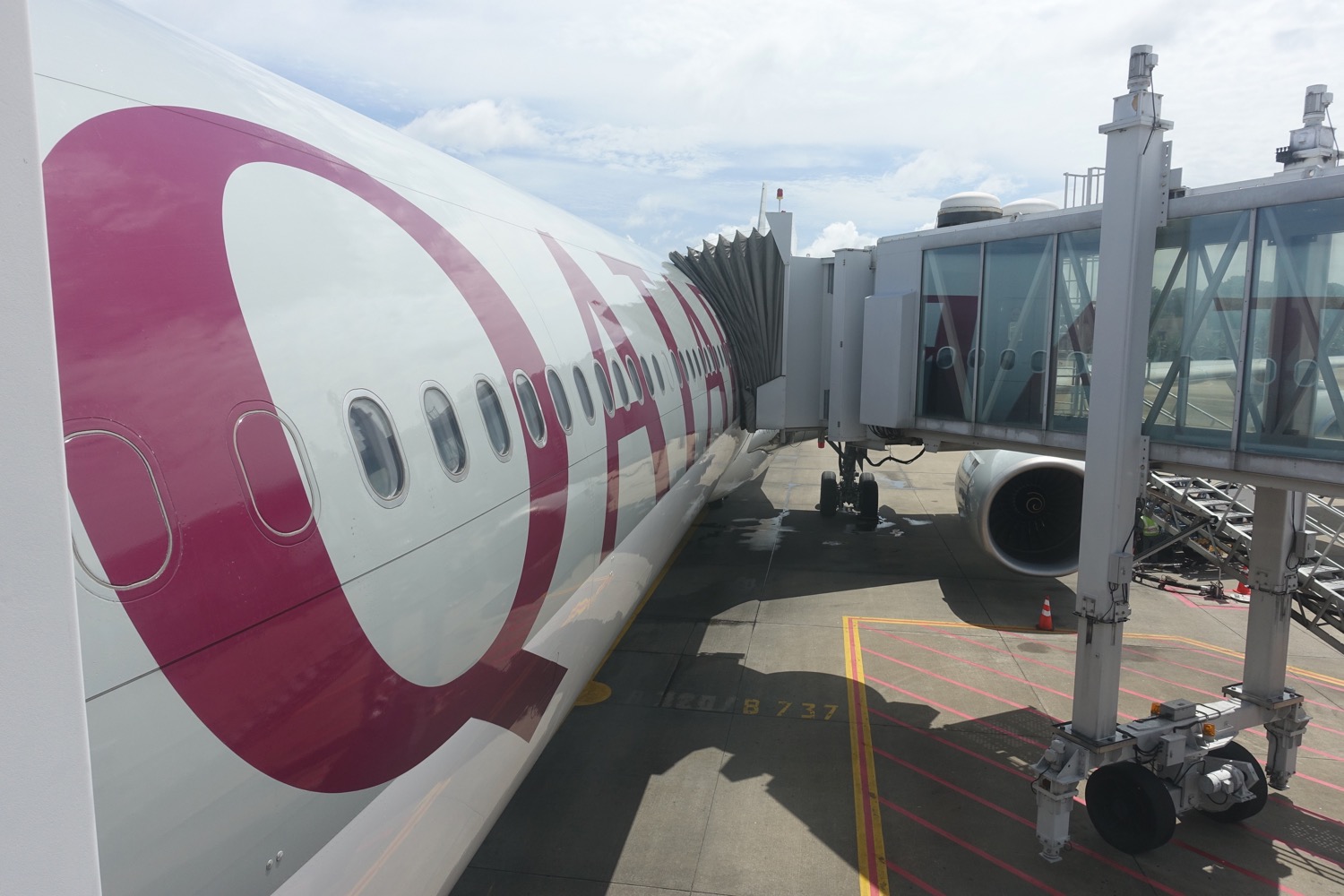The final tax cut bill has not reached the President’s desk yet, but the U.S. Senate has wisely cut a ridiculous tax increase levied on foreign airlines from its version of the bill.
Per the Los Angeles Times:
Sen. Johnny Isakson (R-Ga.), whose state is home to Delta Air Lines, proposed the provision to require three carriers based in the Middle East — Etihad, Emirates and Qatar airlines — to pay corporate taxes for the revenue they generate in the U.S.
That sounds a little odd doesn’t it?
Under current international agreements, most foreign carriers pay no taxes on gross income they earn when they fly into the U.S. In exchange, U.S. carriers get the same treatment when they fly into most foreign airports. Airlines that fly abroad still pay landing fees and other charges for the right to land in foreign airports.
The provision introduced by Isakson would break that agreement by imposing a corporate tax rate on foreign carriers whose home country doesn’t have a tax treaty with the U.S. and isn’t served by an American carrier at least twice a week.
Qatar and the UAE do not have tax treaties with the USA. Saudi Arabia and Singapore don’t either, though Singapore would be spared thanks to the “two flights per week” exception. United operates daily service to Singapore from both Los Angeles and San Francisco. In total, the tax increase would have affected airlines from 11 countries/territories.
Thankfully, Isakson’s blatantly protectionist addition to the bill was removed by request from the Office of the Parliamentarian “because the amendment was determined to be extraneous to the overall bill.”
This provision was not part of the House bill, so as the massive tax cut legislation now goes to reconciliation, it is unlikely that the clause will be re-inserted to the final version.
CONCLUSION
A small victory for consumers…I chalk this up as good news. But keep an eye on the final bill. The eleventh hour is historically the prefect time to insert all sorts of “Easter eggs” into tax reform bills.





The potential impact to long term investors and graduate students seriously concerns me. :/
The provision taxing graduate school tuition waivers as income wasn’t included in the final Senate bill.
https://taxfoundation.org/important-differences-house-senate-tax-reform-bills-heading-conference/
(Sorry to hijack your thread, Matthew – your resident tax geek couldn’t stay off the sidelines, though!)
Thanks for the info! 😀
Me too, but that’s a whole other issue.
True enough! I -am- optimistic (if confused) about the tax break for them given the other policies, hah. Didn’t know this was in there, so thank you for letting us know! 🙂
It’ silly for you and other bloggers to vilify the big 3 who clearly are financially damaged by the ME3 and their supporting governments. The ME3 clearly have a competitive advantage due to their subsidies and lack of tax burden, and as such no US carrier can viably compete with them to routes into their home countries, so the ME3 are clearly violating the spirit of the agreements. I don’t blame the big 3 or those regions harmed by the ME3’s practices to raise objections. How can you blame them?
However, certainly there is a strong free trade argument to be made that all tariffs and trade barriers should be eliminated, for if another country is willing to provide goods/services below cost, then we should happily accept their offer. The benefit to consumers would likely outweigh the loss of jobs and financial damage to the big 3.
However, my guess is many who vilify the big 3 don’t care about supporting free trade principles, they just want to have lower airfares and more premium class experiences available. Do you likewise also reject so vigorously other anti-dumping trade policies? Do you applaud Wal Mart for their efficiency in lowering prices, which is good for consumers, or are they evil because they unfairly compete against smaller mom and pops? Be honest and consistent with your beliefs at least.